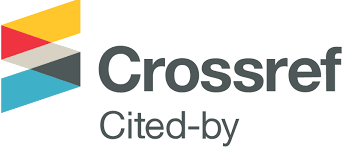Abstract
Despite climate strikes and calls for climate action and sustainable consumption, clothing consumption still accounts for the second highest carbon footprint and 10% of the world's carbon emissions, creating a social and environmental emergency. This paper extends behavioral reasoning theory with the Just-World-Belief to explain the role of reasons in the value-action gap. The paper posits that the effect of green values on climate actions is explained by reasons and Just-World-Belief. The model is tested with structural equation modeling using data from 256 Nigerian consumers, and the results reveal an unexpected negative effect of green values on climate action. Moreover, while reasons against are detrimental to climate action, reasons for have a positive effect on climate action. Furthermore, reasons (for and against) partially mediate the association between values and action, and the Just-World-Belief positively moderates the relationship between values, reasons, and climate actions. The findings suggest the need for policy interventions to stimulate green values and encourage consumers to engage in climate actions when buying and using clothes.
Funding statement
The author(s) received no financial support for the research, authorship, and/or publication of this article.
Conflict of interest
The author(s) declared no potential conflicts of interest with respect to the research, authorship, and/or publication of this article.





